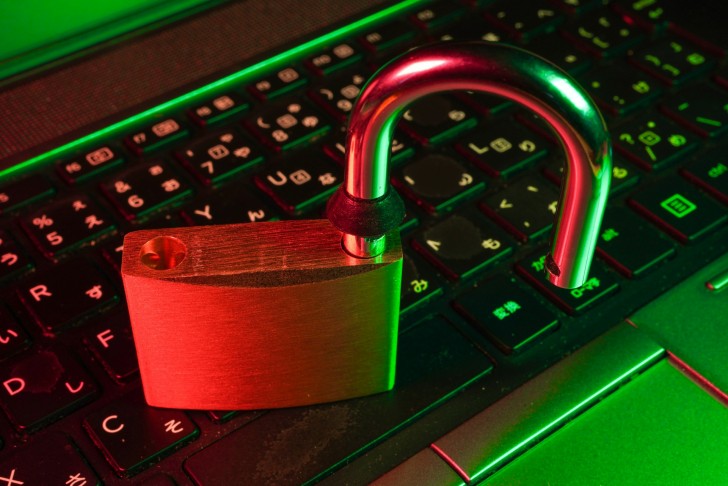Cybersecurity threats in the gaming industry are no joke. From the moment online gaming became popular, hackers have been trying to find ways to target other users. Since online game platforms have such massive amounts of sensitive data, attackers try to steal things such as login credentials, personal player data, and payment details.
Thus, gaming companies have to prevent such issues and take action against those who have tried to breach the security systems.
If cybersecurity threats are not taken seriously, various areas can be affected, including the players’ experience and eSports betting events. So, many platforms are seeking solutions such as limited user data collection, encrypted transactions, and more.
As the iGaming industry evolves, cybersecurity becomes a massive business concern, which is why it cannot be ignored.
Recent Cybersecurity Threats and How They Were Handled
Despite how strict security systems are in online games, cyber attackers still try to find ways to break through the systems and steal data. Other attacks are simply meant to disrupt the normal operation of the target, overwhelming it with traffic to slow down the servers.
One famous incident took place in 2020, when Blizzard Entertainment experienced a DDoS attack. This led to disruptions during eSports events. Things didn’t stop there because Blizzard experienced another DDoS attack in 2025.
Two other incidents involved Fortnite:
Zebsi’s DDoS Attacks
One player, Zebsi, performed some DDoS attacks against some Fortnite live streamers. By overloading the Internet capacity of the targets, he blocked the live broadcast.
Following this event, Epic Games has confirmed that it has taken legal action against this player. Zebsi only has 2,000 followers, but he still made a minute-long video on YouTube where he apologized for his actions.
“I recently carried out DDoS attacks in Fortnite under the username TTV Humpty.LLC,” he said. “The DDoS attacks impacted Fortnite matches of streamers, as well as other users involved in those matches. I am sorry for the DDoS attacks and the harm and damage they caused to the streamers, other players, and Epic Games.”
Mirrored’s Cheat Sales
The other player involved in the scandal is Mirrored, who admitted to cheating in various competitive matches he was in. He also disclosed selling cheats to other players. Mirrored only has 200 followers on YouTube, but he posted a text apology.
“I would like to apologize to the Fortnite community for both cheating in Fortnite tournaments and selling and distributing cheats and hardware that enabled others to cheat,” he said. “I violated Epic's rules, and they have taken legal action against me. I am banned from playing Fortnite forever, and I'll face legal action if I sell or distribute cheats again.”
How Do Online Games Respond to Security Threats in 2025?
Today, iGaming companies are taking a series of measures to protect all players from attackers. As technology is evolving, it enables businesses to apply several protective actions that will stop cyberattacks from happening.
Some of these measures are:
Keeping the Services Available
Interrupting the services for too long can have a negative impact on any company’s reputation. Thus, brands are looking for techniques to keep services stable.
Now, they use real-time traffic monitoring methods to combat DDoS attacks immediately. Moreover, they perform cloud audits regularly to prevent potential weaknesses.
Companies also use encrypted VPN connections and strong defenses to make remote gameplay more secure, even when high-traffic events are taking place.
Multi-Factor Authentication
It’s becoming more and more obvious why multi-factor authentication is an important step to take. Since account theft can have a huge negative impact on any player, companies offer MFA in order to prevent unauthorized access.
Anti-Cheat Technology
Cheats are very tempting to use in multiplayer games. Still, more often than not, they go against the rules. This is why gaming companies are implementing anti-cheat technology to detect cheats and prevent them. This way, there won’t be any players with unfair advantages in competitive gaming.
Protecting Against Ransomware and Malware
Nowadays, companies that try to protect players from malware and ransomware do reliable backups to be able to recover data quickly following an attack.
They also use endpoint protection and perform regular system patches and updates. The latter helps fix weaknesses and adds more configurations to make the games less vulnerable to attackers.
Blockchain for Secure Transactions
Blockchain technology leverages decentralized digital ledger systems. These days, more and more games rely on this method. One of the biggest advantages is that it makes transactions safer, preventing financial loss.
Nowadays, iGaming businesses have to be very careful when it comes to cybersecurity. As attackers get smarter and more creative, brands must use all resources to prevent a disaster.
Blockchain technology, malware protection, anti-cheat technology, MFA, and encrypted VPN connections are only some of the latest measures they take to keep their services safe.
 Peter Smith
Peter Smith

 Peter Smith
Peter Smith


